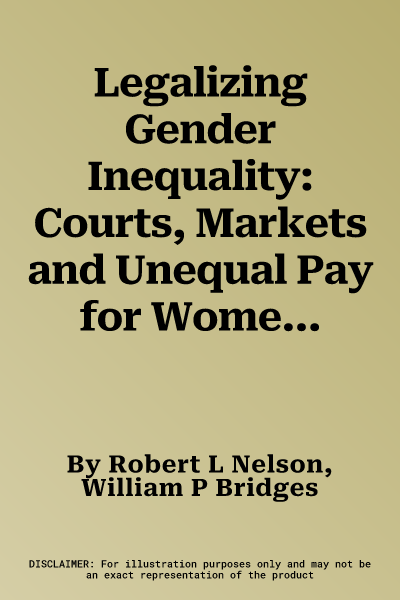Robert L Nelson
(Author)Legalizing Gender Inequality: Courts, Markets and Unequal Pay for Women in AmericaHardcover, 28 May 1999

Temporarily out of stock
Free Delivery
Cash on Delivery
15 Days
Free Returns
Secure Checkout

Part of Series
Structural Analysis in the Social Sciences
Print Length
410 pages
Language
English
Publisher
Cambridge University Press
Date Published
28 May 1999
ISBN-10
0521621690
ISBN-13
9780521621694
Description
Product Details
Authors:
Book Format:
Hardcover
Date Published:
28 May 1999
Dimensions:
22.81 x
15.19 x
2.9 cm
Genre:
Feminine
ISBN-10:
0521621690
ISBN-13:
9780521621694
Language:
English
Location:
New York
Pages:
410
Publisher:
Weight:
734.82 gm